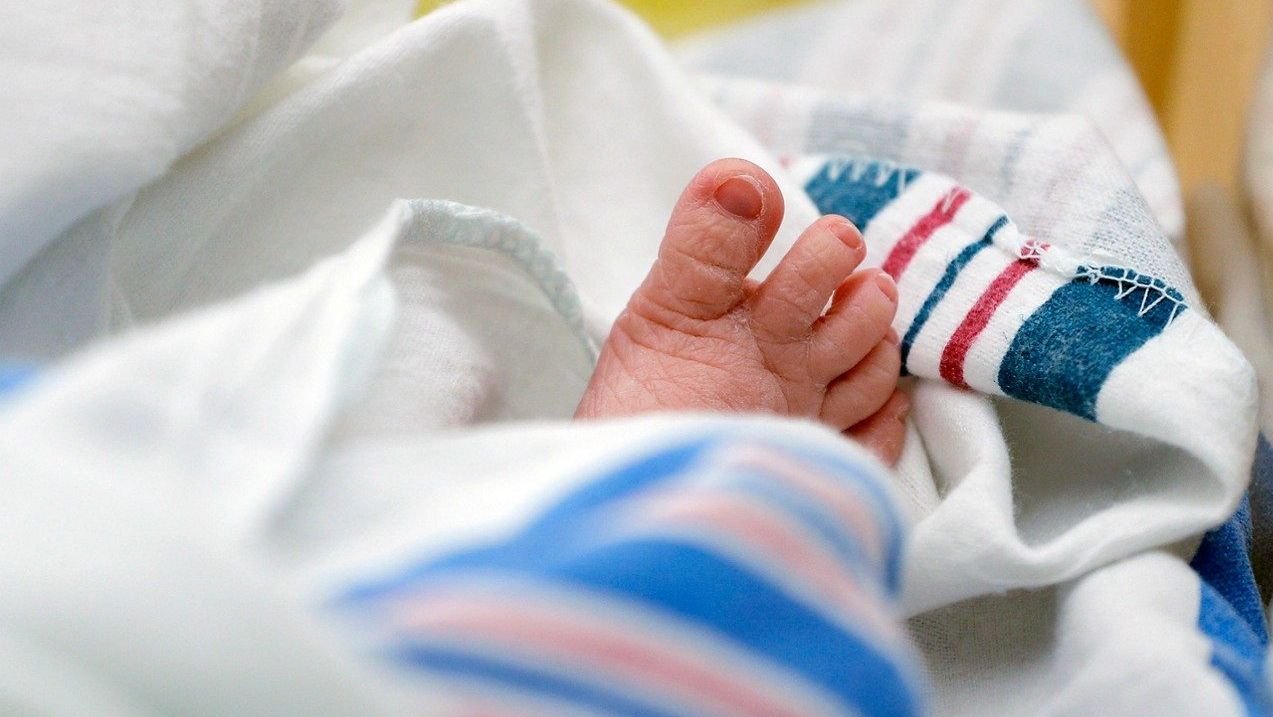In 2022, the Supreme Court overturned Roe v. Wade, which dismantled federal protections for abortion rights.
In the seven to 14 months after the decision — known as Dobbs v. Jackson Women’s Health Organization — babies in the U.S. died at a higher rate, especially those who were born with congenital anomalies, according to a new study from The Ohio State University.
The study, published in JAMA Pediatrics this week, shows there was a 7% increase in infant mortality since the overturning of Roe v. Wade, and there was a 10% increase among babies who had genetic abnormalities.
Research shows monthly infant mortality averaged 5.6 deaths per 1,000 live births between 2018 to 2023. Between those same years, mortality among babies with congenital anomalies averaged 1.3 deaths per 1,000 live births.
When comparing rates from the months before the Supreme Court decision to the months after, there were 247 more total infant deaths per month than expected and 204 more deaths from genetic conditions.
“I’m not sure that people expected infant mortality rates to increase following Dobbs. It’s not necessarily what people were thinking about. But when you restrict access to health care, it can cause a broader impact on public health than can be foreseen,” said Maria Gallo, a professor of epidemiology.
The study didn’t highlight rates from state to state, but researchers said they expect infant morality rates to be higher in states that have more restrictive abortion laws.
For the findings, researchers used a national birth outcomes database to search for trends between 2018 and 2023.
“Birth outcomes are usually pretty stable in any population, and in a large population like the entire U.S., infant mortality is typically quite consistent except for some predictable seasonal peaks and valleys,” Parvati Singh, assistant professor of epidemiology, said.
However, 14 months after Dobbs, researchers noted they didn’t see an elevated rate of infant death.
“Will this continue past this time period? That’s an open question,” Gallo said. “It could be that, yes, it will because (abortion care) access is shut down in some states. But it also could be that eventually more state policymakers are seeing that this isn’t what people in the state want and more will pass constitutional amendments to protect access.”
In 2022, the U.S. hit its highest infant morality rate in decades, according to the Centers for Disease Control and Prevention. It jumped 3% compared to the year before. Additionally, infant deaths from maternal complications increased 9% between 2021 and 2022.
The states that had among the highest rates for infant mortality in 2022 include Mississippi, South Dakota, Arkansas and Delaware, according to the CDC.
Researchers said there’s more work to do, especially with the impact on different populations.
“There’s a broader human toll to consider, including mental health consequences of being denied abortion care or being forced to carry a fetus with a fatal genetic abnormality to term,” Singh said.



